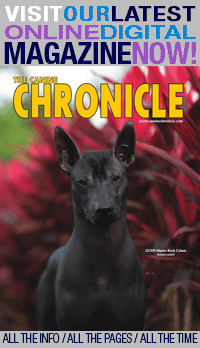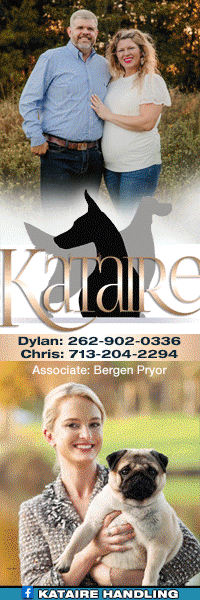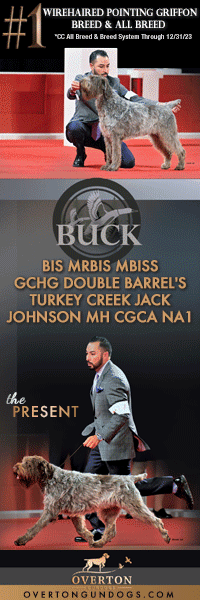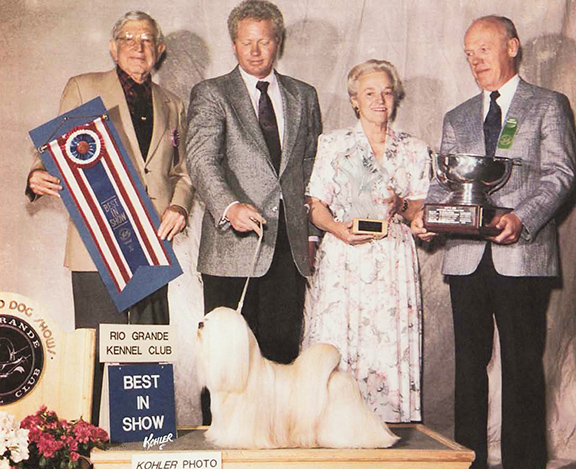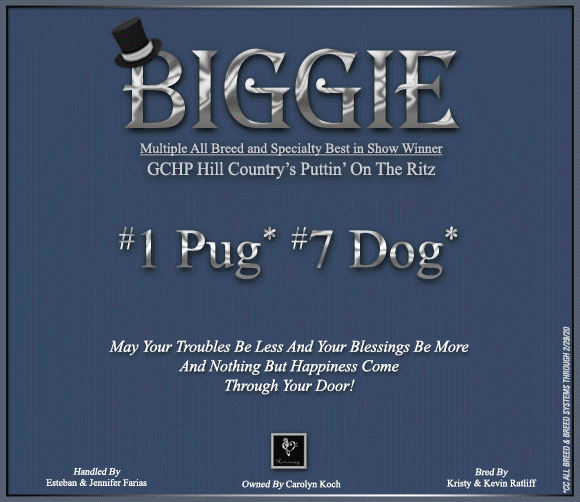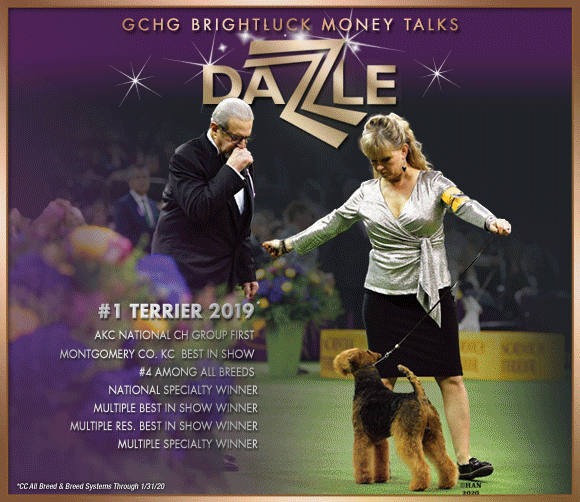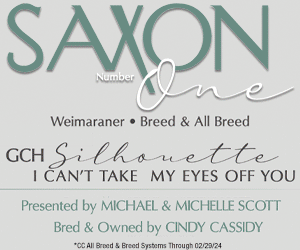The AKC and It’s Dog Show Judges
By Herman L. Felton
Reprinted from The Canine Chronicle November, 1996
EDITOR’S NOTE: While perusing some past issues over the weekend, we came across this article written by the late, great Herman Felton. For those of you that didn’t know Herman, he and his wife Judy were outstanding breeders/owners and respected judges. Herman was a thoughtful man who had a lot of ideas about the future of the sport of purebred dogs. He was happy to share his thoughts with those in the fancy. Unfortunately, they never got the attention of the powers at AKC. Here is one of his thought-provoking articles that shows his foresight regarding the future of AKC and the sport. Enjoy.
Having arrived, in Shakespeare’s vernacular, at one of the senior stages of life (his “seventh age”) I find myself, at dog shows, acting as much an observer as a participant – not only taking part in the various activities but simultaneously watching the events as an interested and concerned audience of one. Most of what I have been seeing recently is, on balance, good but there is too much that is mediocre or, in a few instances, really bad.
Let’s talk about conformation judging. The number of shows being held is increasing quite rapidly in all parts of the country with a corresponding growth in the number of judges required for these shows. (Arguably and concurrently, are there too many shows being authorized?) Show chairpersons are finding it increasingly difficult to fill their judging panels. It is a priority requirement for the AKC to ensure that there is a sufficiency of ethical, competent, adequately trained and qualified judges to meet the need.
This is an extremely challenging task but it is of paramount importance to the present and future welfare of our Sport that it be handled with the utmost correctness. The AKC staff people who concern themselves with this problem are able and conscientious and have, over the years, tried a variety of approaches but it may be time (as I have suggested before) to assemble a “select committee” or a “commission” made up of staff, senior delegates, veteran judges, experienced handlers and exhibitors to examine the subject in depth and in its entirety and present a report, with recommendations, on its findings to the CEO and Board of Directors so that the most efficient and effective procedures can be adopted and implemented.
Exactly how should the initial approval of judges be handled and what should be the criteria for granting approval for additional breeds and for Groups? To what extent should academic or field performance be the dominant factor at each stage of the process? Should judges who have achieved multi-Group status be held to the same requirements for advancement as judges in the earlier stages of their careers? How should judging performance be evaluated? Should there be a procedure for withdrawing judging approval and how should it be administered?
Plenty of stuff for the proposed committee to gnaw on and digest for a sleeker, well-muscled and streamlined AKC entering the 21st Century.
Knowing the breed standards, even being able to quote them verbatim, is fundamental but is not nearly the total basis of judging competency. It is the interpretations of the standards, an understanding of the nuances of their qualitative terminology and the ability to mentally picture perfection in a breed and to recognize it in the show ring that makes for really good judging. How does one measure “an eye for a dog”?
It was a pleasure, at recent shows in Las Vegas, to spend time with a group of experienced, competent and inquisitive judges who compared notes and exchanged opinions after the show each evening. One of the subjects discussed was the significance and relative importance of the term “undesirable” in a standard. I consider the Doberman Pinscher standard to be one of the best and, of course, am very familiar with the breed and its standard, so I used it to illustrate my opinion of the relative importance one should ascribe to the term “undesirable”. Since the Dobe standard establishes four or more missing teeth as a disqualification, I opined, three is a “serious fault” and one missing tooth is “undesirable”. This interpretation appeared to satisfy my colleagues’ curiosity, so I repeat it here for your edification.
Certain of the AKC hierarchy are still talking about retaining a “corporate presence” in New York City into the mid and distant future after the major move of all other administrative and management activities to Durham or, possibly, to some other location outside of New York. There is no legal or practical justification for this. The AKC is not an international business corporation or major bank that would profit from being with the “big boys” in the Big Apple. It would serve only for the personal gratification and convenience of a few individuals – retrograde elitism at its worst. Expending good money to maintain a “presence” in New York City would be a sheer indefensible indulgence, counterproductive to good efficient management.
I don’t want to make this a battle between good and evil incarnate but I sure don’t want to make the mistake of bringing a knife to a gun fight. The New York proponents are clever, persistent and powerful and have available to them the power of the “dog press.” We may be slow and unassertive, but we are not stupid. We, the “Silent Majority”, must continue to make our voices heard to keep the AKC on the proper path.
Short URL: https://caninechronicle.com/?p=181285
